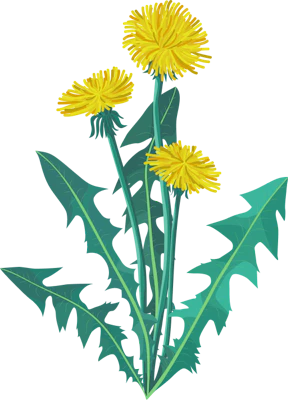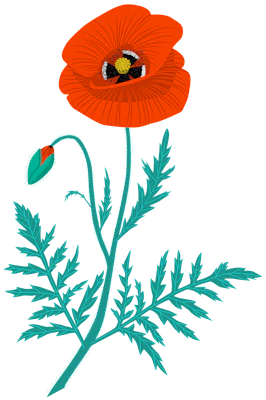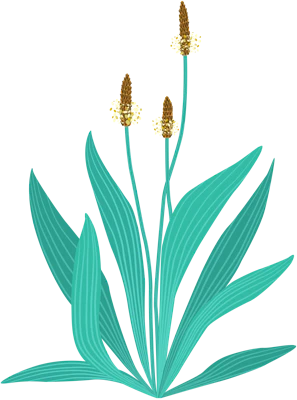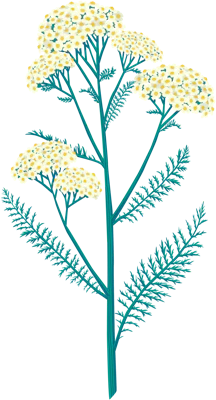Selfheal
Nature's little healer, working from the ground up.
Who am I?
Selfheal, that unassuming patch of purple you might overlook, is a veritable Swiss Army knife in the meadow's medicine cabinet. While you're busy swatting at Marmalade Hoverfly (yes, even they have their place!), Selfheal is quietly offering its anti-inflammatory properties to any passing Buff-tailed Bumblebee seeking relief from a hard day's work pollinatingYarrow.
Don't underestimate this humble herb! From soothing itchy Common Garden Spider bites to attracting Cabbage White Butterfly with its nectar-rich blooms, Selfheal is a quiet benefactor to the whole ecosystem. Even the Aphid, those notorious sap-suckers, play their part, providing a feast that attracts the Ladybird, who then help keep their numbers in check. So, the next time you see Selfheal, remember it's not just another wildflower, it's a vital cog in the intricate machinery of nature.
1 of 3 wound herbs on our living wall - also has immune system enhancing compounds!
One of the three plants that can be foraged from grassy areas to treat cuts and wounds, the other two being Yarrow and Plantain. All three do the same healing work but using different chemical compounds: they stop bleeding, disinfect the wound, and speed up the healing process.
Selfheal is also a source of polysaccharides, which normally crop up in fungi, not plants – they are immunomodulators, meaning they calm the immune system if it's overactive (as in allergies or autoimmune conditions) or boost it, depending on what is needed.
Use the leaves in salad or to make tea – they are known to reduce blood pressure. The purple flowers in the summer make it easy to spot, so you can discover your local patches of selfheal by keeping an eye out for these. They are full of nectar to feed butterflies, bees, and wasps, and these, in turn, pollinate the flowers.

Miles Irving
Foraging Expert
15-30cm
Typical Height
Europe
Native Continent
Anti-inflammatory
Key Property
Find out more
I carpet parts of this living wall with my purple blooms, attracting pollinators and adding to its natural beauty.
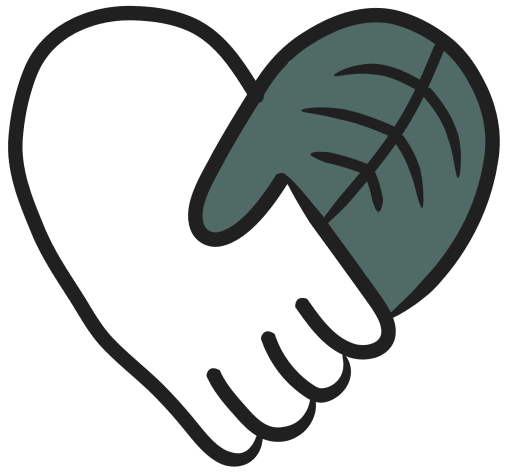 Did You Know
Did You KnowDid you know
Click here to find out a fun fact about the Selfheal
 Video
VideoWatch Miles' video
Learn about the Selfheal with our foraging expert Miles in his video 'Salad of Many Things'.
More Species
Get to know more species local to the wall.
